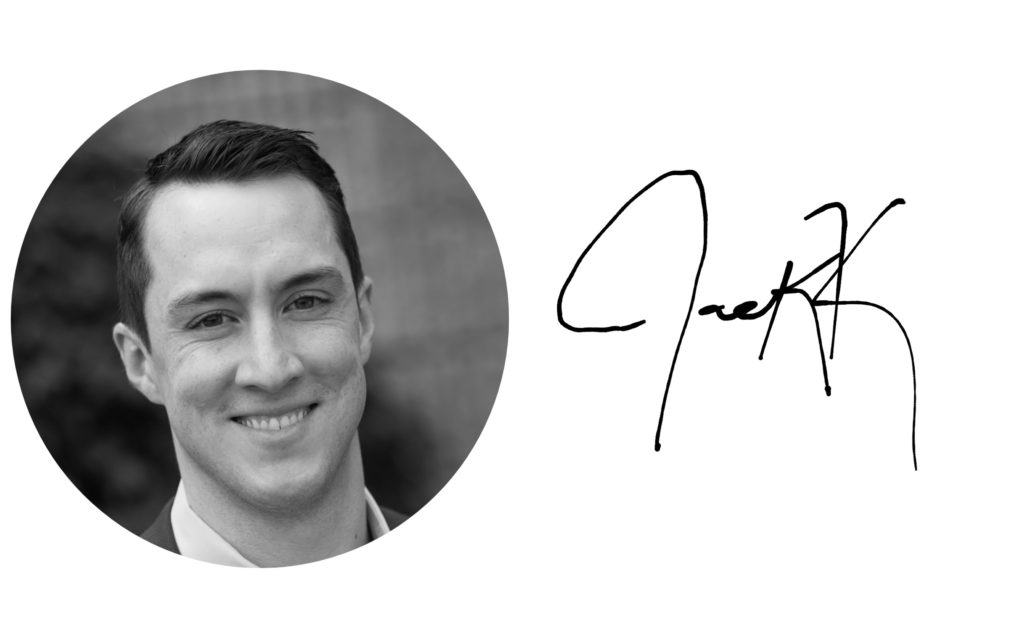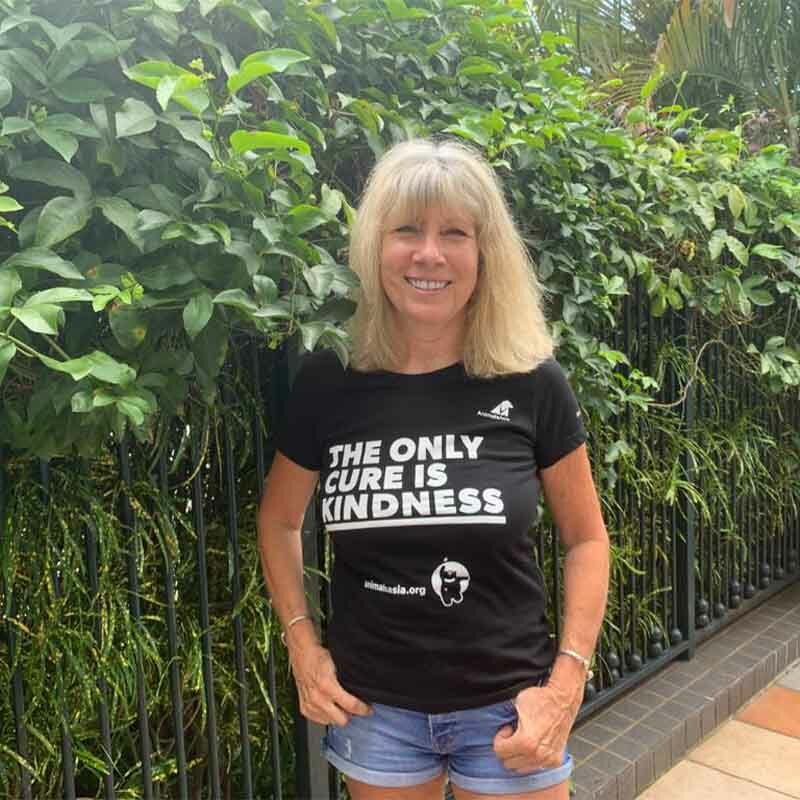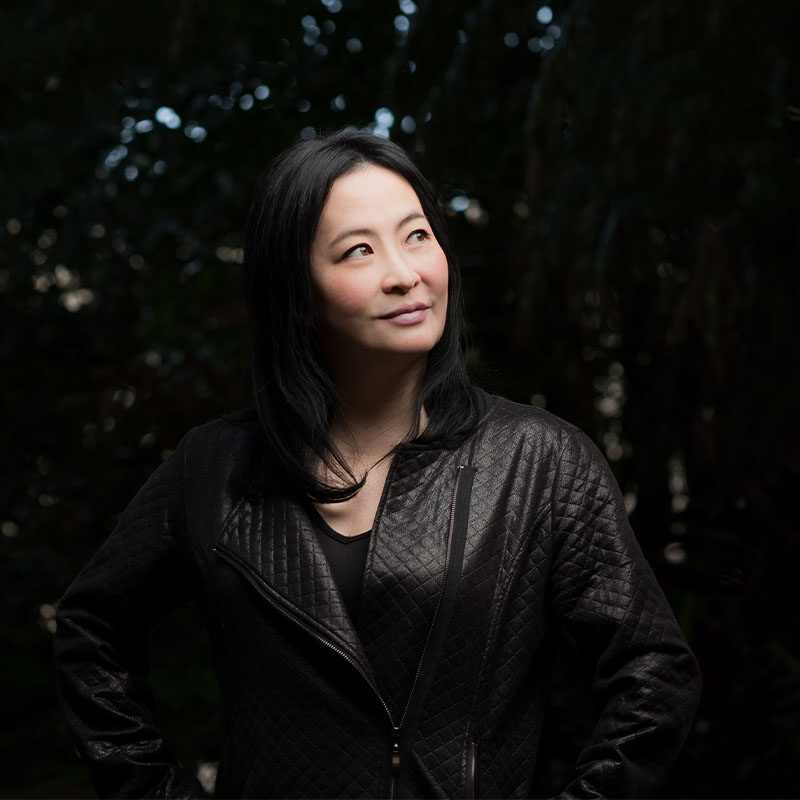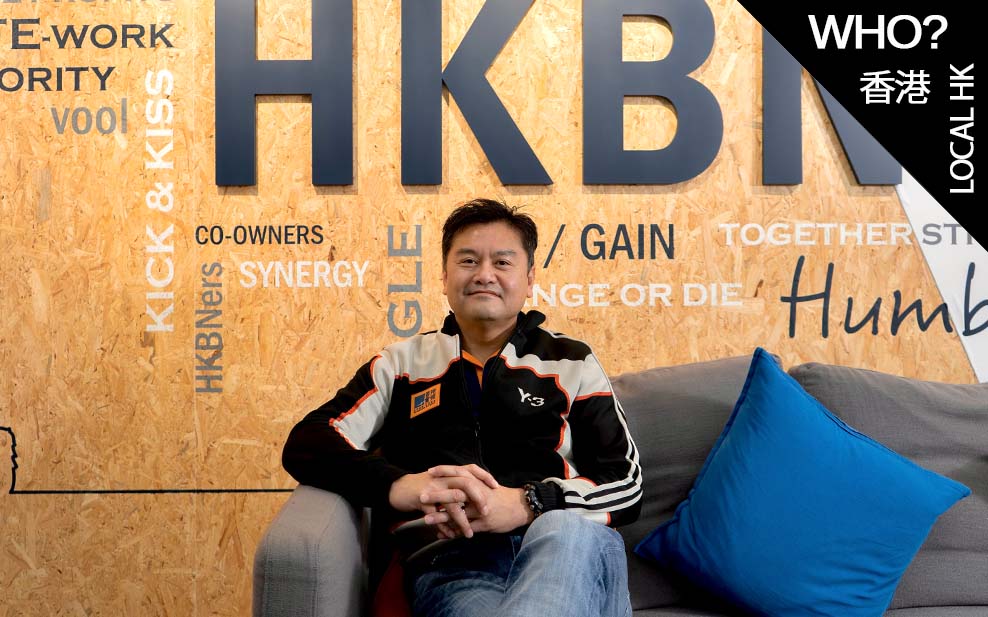
Co-Owner and Group CEO NiQ Lai- How purpose and competitive fire fuels HKBN’s innovative leader
The bright morning sunlight pours into the meeting room at HKBN’s headquarters in Kwai Chung. The newly renovated room gleams with a fresh new look. Along the walls are images of HKBN’s recent product launches, its locations across Asia and perhaps most important, the company mantra’s…
“Change or Die,” “LUCA” (Legal Unfair Competitive Advantage)… “Humbly Arrogant.”
CEO NiQ Lai adjusts his chair to be in line with the camera. It’s HKBN’s quarterly update- NiQ’s opportunity to address the dynamic “Talents” known as “HKBNers”, driving business for HKBN across the region. In past meetings, he would be able to better gauge the level of energy in the packed meeting room, but today due to Covid, NiQ is forced to see his co-workers’ faces through the small windows on Microsoft Teams.
As NiQ prepares to address the company, it’s clear he is in his element. He turns his head and addresses the camera, “Good Morning HKBNers!” He exclaims…
NiQ’s position as leader of a public company is one many would not have predicted. In 1990, when NiQ first arrived in Hong Kong as a fresh university graduate, he had few connections and little more than an entry level position at a PwC. His prior success was few and far between. And as his school records would indicate he was far from a stellar student.
But deep within, NiQ had something special to offer. A competitive fire drove him to consistently prove he had the “it factor” to make things happen for himself and the people around him. From successfully navigating his first role as an accountant, to growing a career in investment banking, to chasing down an opportunity to work with a mentor running a technology company, NiQ grew into one of Hong Kong’s most respected business leaders; especially among a new wave of executives championing “Purpose” over profits.
NiQ is now the leader of a rapidly growing public company, The HKBN Group (HKBN). His leadership style is changing the way the business community, and the public at large, views how a large organization can be run. This is the story of how that came to be.
In a faraway land
Like many good stories, NiQ began in relative obscurity. He was born in the former Portuguese colony of East Timor to 2nd generation immigrant parents whose family came from Mainland China. When NiQ was born, the eighth child of nine, his family had established a very prosperous trading business. NiQ’s father, Lai Sa Ingue, went from losing his parents at a very young age to become one of East Timor’s most successful businessmen.
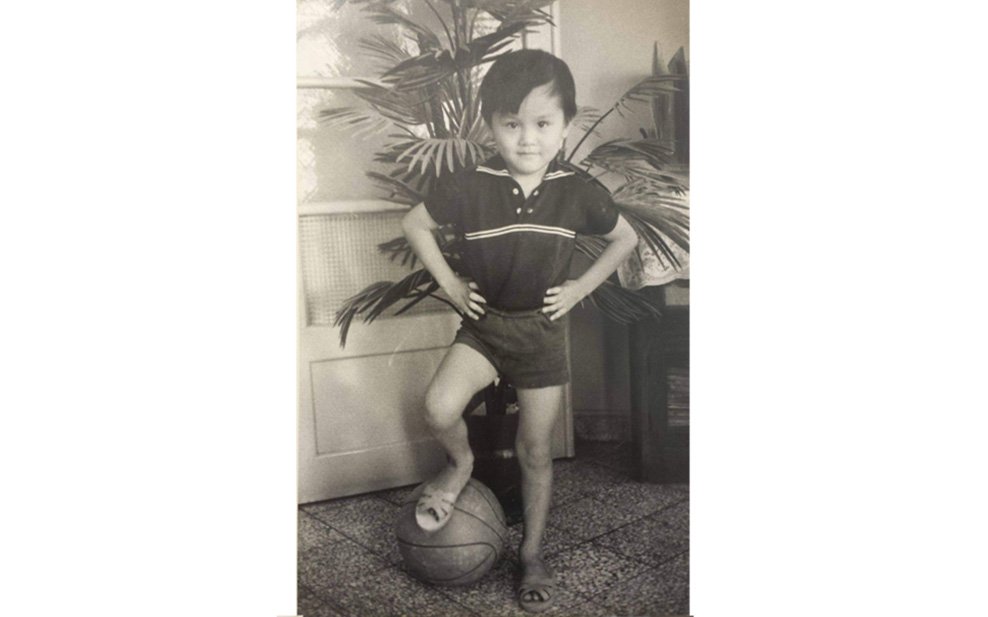
But the prosperity that the Lai family had worked so hard for slipped from their grasp in an instant when NiQ was five years old. In 1975 East Timor exploded into civil war, followed by an invasion of Indonesian military looking to integrate East Timor into its territory.
NiQ’s family fled as refugees to the closest Australian city to East Timor, Darwin. In a blink of an eye, the Lai’s went from very well-off businesspeople to political refugees struggling to restart life in a new country and culture.
As his parents struggled to pick up the pieces of their livelihood, NiQ and his siblings enrolled in local Australian public schools and were forced to quickly acclimate to the new environment.
NiQ’s parents, eager to keep their children focused and set up well for the future, emphasized studying hard and getting good grades in school. While some of NiQ’s siblings took to his parents’ advice, NiQ instead rebelled against the unrelenting pressure.
Despite not taking his studies seriously – NiQ much preferred to dream of becoming a professional tennis player – NiQ was able to make it through high school and gain acceptance to University of Western Australia.
He realized in his university years, however, that while being a tennis pro was a novel dream, his talent level did not match his passion. He switched his dream to become a CPA (Certified Public Accountant). He was better at crushing numbers than hitting punishing forehands and he realized a CPA would earn more than a tennis coach.
When he approached graduation from Uni in 1990, the job market in Australia was looking particularly bleak. The country was still recovering from the post 1987 crash. Given his underwhelming grades, local companies were not likely to identify NiQ as their next star (time would reveal their mistake). NiQ applied to a wide range of companies but received a 100% rejection rate, hence he was forced create plan B – find a position outside of Australia.
Hong Kong Calling
Through an introduction from his brothers who had found work in Hong Kong, NiQ secured an interview with the firm PwC for an entry level accounting position. NiQ hoped he could be placed in an auditing position so that he can learn about business, but due to his inability to speak Cantonese, instead they accepted him into the department handling US Tax. For the next 2 years, NiQ spent his time helping well-to-do American expats with their taxes.
As far as first jobs go, the role with PwC turned out to be the perfect landing spot for NiQ to get his professional bearings and grow his network. During this period, his mindset on life changed, as he was exposed to many mentors. NiQ would come into the office at 7.00am, 90 minutes early to read the US Master Tax Guide, to learn US Tax code directly, rather than wait for guidance from his supervisors. NiQ’s hard work was recognized with an early promotion in 2 years instead of the typical 3 and also achieved his “dream” to become a qualified CPA.
While helping senior US expatriates with their US Tax filings, NiQ became friends with many upper-level executives. One such executive was Alex Ho, Head of Research of Jardine Fleming at the time. Alex quickly identified NiQ as someone with untapped potential. NiQ remembers Alex telling him over a tax consultancy session “you look somewhat presentable in a Hugo Boss suite and you seem to be financially literate; why don’t you try investment banking?” Alex promptly wrote a few names on a piece of scrap paper and told NiQ to give them a call if he wanted an “in” into investment banking. A few calls and several meetings later, NiQ was offered an investment banking position with the firm Sassoon Securities.
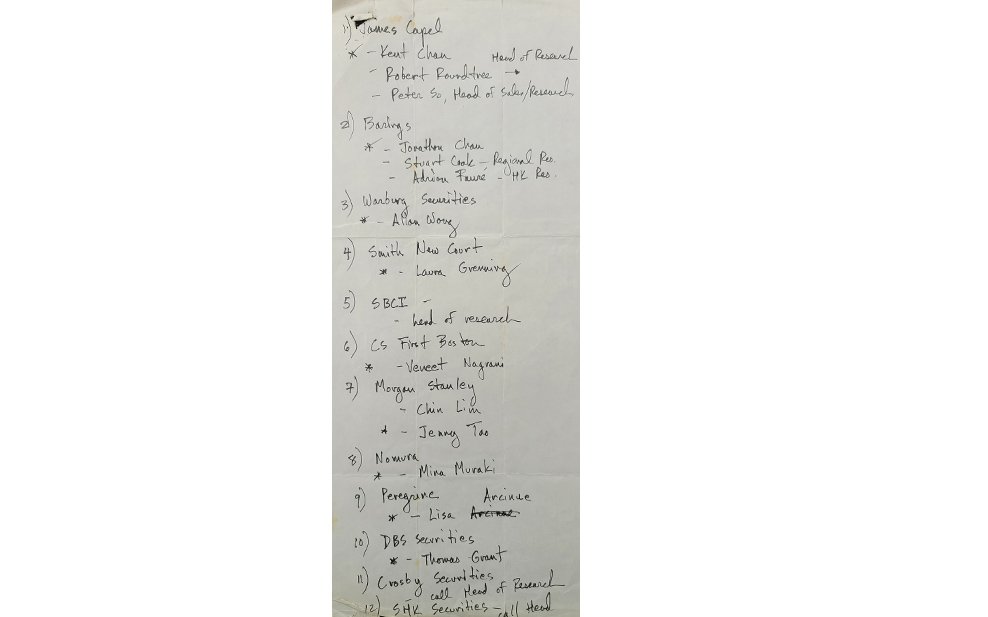
In the first 6 years of NiQ’s career, he was headhunted several times and switched jobs 4 times before settling in at Credit Suisse in 1996. This was ironic as NiQ would normally not make it into Credit Suisse via front door, as this would require Ivy league education pedigree. Instead, NiQ made it through the “side-door”, a combination of hard work and a well-earned reputation from his existing clients.
Young NiQ transformed from a very conservative accounting position to being thrust into the fast pace life of a high-pressure global deal maker. NiQ’s investment banking role took him around the world, from the streets of India to skyscrapers in New York, to board rooms across Europe and Asia. His foray into investment banking grew into an intense 11-year career and afforded him a new type of lifestyle.
Seeing the world afforded NiQ the opportunity to travel to places he never dreamed about visiting in his early years. Along his travels his eyes opened to the bigger issues facing the world. In particular, NiQ vividly remembers his first trip to India where was conducting due diligence on a local telecom company looking to raise international funds. Seeing massive income equality in developing India was a shock to NiQ.
Shaken by what he saw, NiQ was motivated to do what he could to help. It gave his attempt to close an investment round for the Indian telecom carrier a grander Purpose. The global funding would create opportunities for the local population, enabling affordable connection to the outside world.
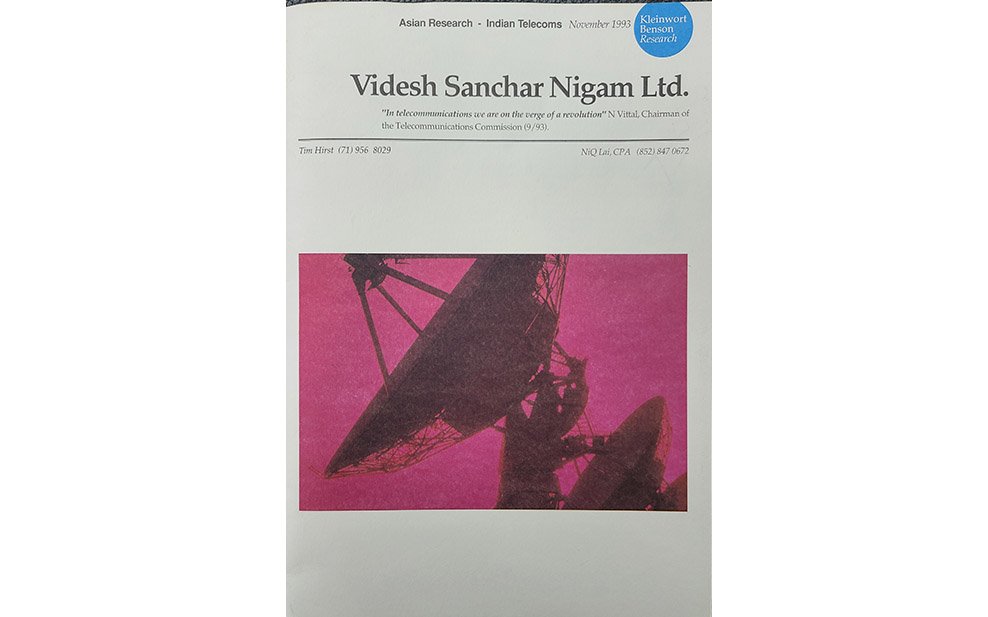
The endeavour of connecting the world with affordable telecom infrastructure could make a measurable impact on real-world problems. The experience was something that excited NiQ and shifted his inner compass towards a future where he could impact local communities through business.
Transition to business with Purpose
The actual opportunity to do just that came a sometime later. One of NiQ’s clients in investment banking was businessman Ricky Wong, “The Richard Branson of Hong Kong” as NiQ describes him. Ricky founded City Telecom in 1992, well-known as the company that broke HKT’s monopoly on international long-distance calling.
NiQ had tracked City Telecom’s growth and positive impact on Hong Kongers. People were now able to call their loved ones at a more affordable price points by utilizing call-back IDD technology that Ricky pioneered to break the legacy monopoly extortion rates.
In the late 1990s, City Telecom grew into a formidable company, albeit in the niche of long-distance calling. With the growth of the internet, the importance of long-distance calling began to fade so in the late 1990s, Ricky made the bold move to enter the capital-intensive fibre network space with the goal of democratizing access to the internet in Hong Kong.
Given to the high cost of entry into the market requiring tens of millions of US dollars, NiQ at Credit Suisse was tasked by Ricky find global investors to fund the Hong Kong project. NiQ helped the young tycoon secure the necessary first round of funding for HKBN, the company that NiQ now leads, via a NASDAQ dual listing in 1999.
A short time later HKBN opened their fibre business. HKT who was the former monopoly, finally had a formidable competitor who was offering fibre internet access at a fraction of the previous market price.
“They (HKT) were charging HK$500/month (US$65) for broadband. Only rich people could afford it, but poor people could not; so Ricky offered fibre internet access at HK$99/month (US$13) to make it affordable to the mass.”
Given the high investment of laying the network, HKBN wouldn’t make money for the first seven years of existence. However, the impact on the community started from day one of service. Communities in public housing estates, typically the poorest segment of Hong Kong, now could afford fibre broadband internet access at rates that wouldn’t blow their monthly budget.
One day Ricky took NiQ who was still at Credit Suisse at the time, to see first-hand the communities HKBN was helping. Multi-generational families were crammed into tiny single-room living quarters. Oftentimes three generations living in one flat just big enough to count as a hotel room in many parts of the world. Now these communities were able to connect to the internet at fibre speeds and the broader opportunities it offered (education, entertainment, etc).
The lights come on for NiQ then and there. “In the internet, there is no rich or poor, only fast and slow”. HKBN was actual doing what had made him feel most enriched writing about at Credit Suisse- helping local communities through business.
But Ricky didn’t agree right away. “He told me, you are good at ‘blowing water’ (吹水 – a Chinese term for jive talking but no action), but you have no idea what it is like in the real world, coming to Kwai Chung to work every day. I appreciate what you’ve done for me, but I have no use for you.”
NiQ stayed persistent and after 1 year of back and forth, Ricky finally relented and offered an opportunity. NiQ left Credit Suisse and was given the title of “Director of Corporate Development”. “It was basically a fancy term for being Ricky Wong’s personal assistant,” NiQ remembers.
NiQ didn’t care about his title anyway, all he wanted was a chance to help Ricky grow the business and make a positive impact on the community while doing so. NiQ was so convinced of this path that he took an 80% pay-cut, sold his home and brought 2% of City Telecom, knowing that he would never get rich “from” Ricky, rather he may do well “with” Ricky. This was the origins of the Co-Ownership ethos that has since been institutionalized at HKBN.
As fate would have it, once NiQ joined HKBN, “insider” opportunities to climb the organization chart presented themselves. It first started with an unexpected early retirement of the CFO. In a management meeting discussing the issue, Ricky turned to NiQ and quipped, “why don’t you give it a shot since you have a CPA?”. And so, NiQ was now a CFO. A year or so later, a new role of head of HR was created. A senior executive of a multinational firm was headhunted for this role, but he was a no-show even after signing the employment contract. Given NiQ was the “next person standing”, he was asked to take on the role as well, so he become the Chief Talent & Financial Offer (CT&FO).
NiQ was more than capable of handling the increasing amount of responsibility. His “outsider” perspectives plus diverse global experience in multiple roles made a big impact on how he shaped HKBN as his influence increased over time. Once young candidates were able to backfill the roles he was handling, NiQ moved into the next role of COO and jumped at the opportunity to fix many of the inefficiencies he had identified over his years in Talent engagement and finance.
Captain takes the helm
In 2012, Ricky Wong shocked everyone and decided to sell the Telecom business and reap the return on the years of hard work building out the company to fund his new passion of building a TV empire which evolved into HKTV mall today. Backed by CVC Capital Partners, a leading global private equity firm, NiQ and William Yeung, HKBN’s CEO prior to NiQ, led a management buy-out (MBO) that allowed Ricky to exit the business entirely. NiQ and William, along with around 90 other senior executives, put their life savings together to take ownership of HKBN, as to grow it.
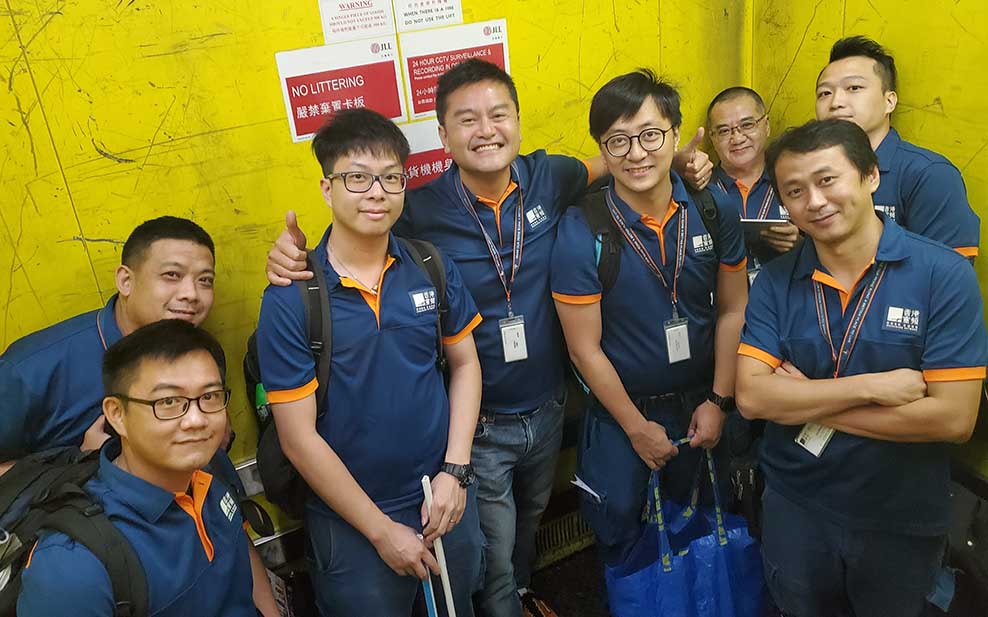
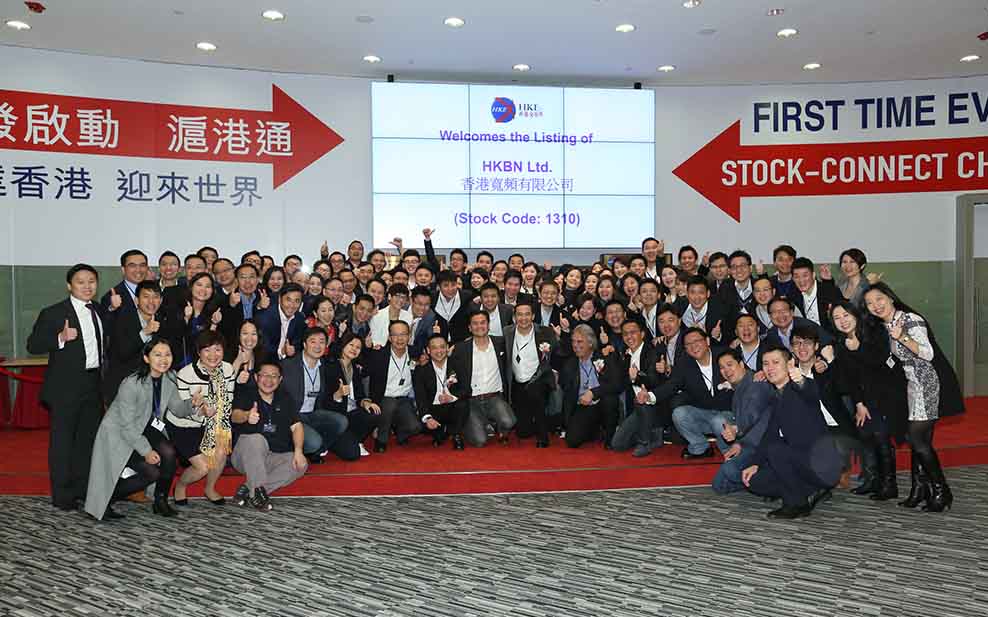
With HKBN now free to steer its own future, NiQ and the leadership team believed in strengthening the already well-established ethos of the company. That started with articulating and executing two key tenants of the company’s operational philosophy.
The first- ensure that “Purpose” was at the core of their company’s goals. Jive talking a big game about making a positive impact on the community was not enough. It had to be clearly spelled out so that it will be well known companywide and actioned upon. The Purpose they chose is succinct yet powerful: “Make our Hong Kong a better place to live.”
Unlike many companies, who subscribe to Milton-esque notions that a company’s sole mission is to create value to their shareholders, HKBN is part of a new wave of businesses that disregard those outdated notions and instead insist that a company’s true mission is to carry out their Purpose and do well by their employees and communities.
The second core belief of HKBN’s management intended to address is a common issue in business management- the problem of “agency.” Many companies are at conflict with their employees to act on behalf of the company, rather than their personal interest. HKBN decided to combat this not by strapping their workforce with rules, but instead inviting more Talents to put “skin in the game” through shares ownership – in short, run HKBN based on alignment rather than rules. The Co-Owner shares are not “gifted,” but rather offered to HKBN Talents to buy-in.
One sixth of the company’s 6000-person workforce have invested their family lifesavings to buy shares in the company, each of whom proudly share the common title “Co-Owner”. The outcome is a company culture where Talents hold themselves accountable, so are given far more autonomy to do their job without having to navigate layers of red tape.
Attracting and keeping top individuals is a big part of HKBN’s success. NiQ and the management team are insistent in calling their colleagues “Talents” with a capital “T”, not staff.
Working for a team with Purpose and aligned interest in making the business a success doesn’t make working for HKBN a walk in the park. The team expects you to work smart and hard as to deliver impact within your role.
True to that spirit, HKBN fires the bottom five percent of its workforce annually based on performance review. HKBN akin themselves to an elite dragon boat whereby every position is required to row in sync rather than a corporate bus, whereby the CEO drives the bus full of passive passengers. “In a dragon boat, all it takes is one bad rower to disrupt the sync of the team, hence we act quickly to get rid of that disruptor”.

Covid-19 challenges and the future
Since the MBO in 2012, HKBN has acquired 5 players to expand their reach in Asia and diversify their offerings to clients, increasing their revenue base from HK$2 billion to an annualized run rate of HK$12 bn.
The two biggest moves they have made were to acquire enterprise telecom carrier WTT and system integrator JOS, both well-known names in the Asian Information and Communications Technology (ICT) space. Through WTT and JOS’s expertise, the company is now able to offer a full suite of ICT services to clients in more countries. HKBN now also offers ICT services outside of Hong Kong with strong presence in Macau, Mainland China, Malaysia and Singapore.
As such, HKBN’s Purpose has expanded beyond Hong Kong to have positive impacts in all the communities it operates in, hence the upgrading of their Core Purpose from “Make our Hong Kong a better place to live” to “Make our home a better place to live.”
The Global Pandemic has created unique challenges for the company. Although their vibrant physical office culture has been paused due to Covid lock-down, the company has continued to outperform via embracing “working from home.” In FY2020, HKBN reported 7% divided per share growth to HK$0.75, by far the highest growth compared to competitors.
NiQ is very proud that in these through times, HKBN has really stepped up on its responsibility to help the communities in which it lives in. In March of 2020, HKBN launched a program dubbed “#toughtimestogether” as its proactive response to Covid. In Hong Kong, through the program 10,000 underprivileged families qualified to receive two years of free internet service. In addition, all customers can apply online to get one month of internet for free.
Throughout the pandemic, HKBN has applied and received grants from the regional governments, all of which have been directly passed through to their Talents. NiQ sees the obligation to do what’s best by the Talents in his company and to help them as much as the company can. These government subsidies would have added 18% to HKBN’s profits had they been retained by the company instead.
NiQ has continued plans for HKBN’s growth and impact by diversifying its offerings. HKBN’s recently launched HOME+ is a new portal for buying household items. Partnering with distributors like Dah Chong Hong, the company aims to cut out the inflated retail mark-ups in Hong Kong. The aim is to offer more savings and convenience to Hong Kongers looking to buy household goods.
Given HKBN has a billing relationship with one-third of families and one-half of all companies in Hong Kong, a foray into e-commerce makes a lot of sense.
Private life of Purpose
To stay sane through the pressures of running a public company, NiQ enjoys time off with his family. During the pandemic, NiQ has been able to spend more time with this son and daughter, both of whom are remote learning and spending more time at home. And while he’s no John McEnroe, NiQ still does enjoy a socially competitive match or two of tennis with his friends.
Other than family and tennis, it’s no surprise NiQ is also engaged in charity work as well. Through a chance relationship with founder Scott Neeson, he is involved in Cambodian Children’s Fund (CCF), and now sits as a member of the Hong Kong board. Each of his two children sponsors a Cambodian CCF “sibling”. Having a positive impact on young Cambodian lives gives him a deep feeling of true worth. “I now chair the CCF Hong Kong board. That’s where I spend most of my time outside of work.”
Helping others through charity is something that NiQ’s wife, Michele, also is passionate about. Michele, a changemaker in in her own right, started local charity Kids4Kids in 2010 – a non-profit that pairs high schoolers with young kids to make a positive social impact.
In addition to charity work, NiQ is also sustained by reading and networking within the business-with-Purpose community. Many of HKBN’s principles are influenced by ideas from books NiQ has studied over the years. NiQ keeps a reading log of all his books and averages ~15 books per year, totalling over 450 books over this 30-year career so far. One such big influence on NiQ is friend John Wood, Co-founder of Room to Read.
A core message in NiQ’s favourite books is the ability to let go of doubt, take risks, and enjoy the ride along the way; to live a life of no-regrets as each mistake as a lesson and step forward. Such a worldview bodes well for the future of HKBN business and communities in which it touches.
If NiQ’s track record is proof of anything, with hard work and compassion for others you can build a career with purpose and meaning. Luckily for Hong Kong, and the world, NiQ is leveraging his talents to make a positive difference in people’s lives, especially those less fortunate. Here is to NiQ continuing to build his legacy and for us to follow in his example!

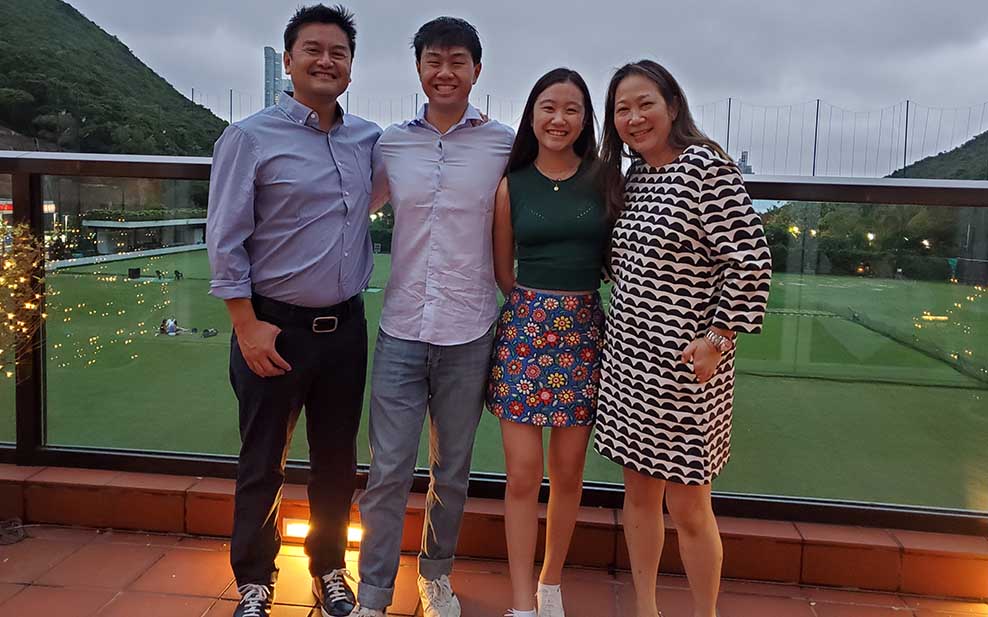
Before you go:
Here are a few quickfire questions and answers to help you get to know NiQ better. We asked NiQ to say the first thing that came to mind when we said the following words. His Reponses are in italics.
Australia Childhood
Family number 1
Passion Life
Talent that’s who we are
Success help others achieve it
Failure help others learn from it
HKBN Life
All Saints High School Fun
Purpose That’s what we do
LUCA That’s what we do (LUCA stands for Legal Unfair Competitive Advantage)
Technology positive change
John Wood cool guy
Tennis aspiration
Credit Suisse great learning experience
East Timor memories
Cambodian Children’s Fund Life
Home Life
Leadership Inspiring others
Love Life
Hong Kong Life
To learn more about HKBN click here.
Follow NiQ Lai on linked-in click here.
To learn more about Cambodian Children’s Fund click here.
To read more WHO? Exclusives with inspiring leaders click here.
Written exclusively for WELL, Magazine Asia by Jackson Kelleher
Thank you for reading this article from WELL, Magazine Asia. #LifeUnfiltered.
Connect with us on social for daily news, competitions, and more.
